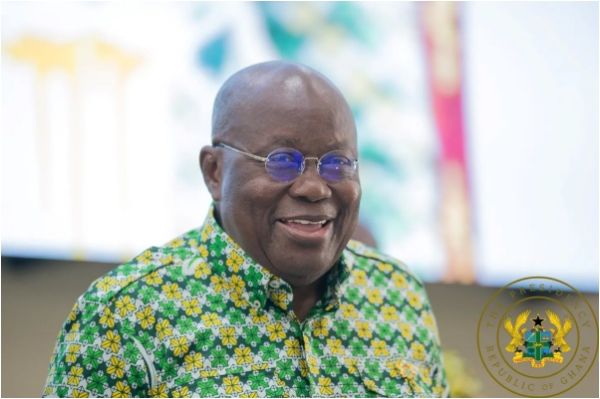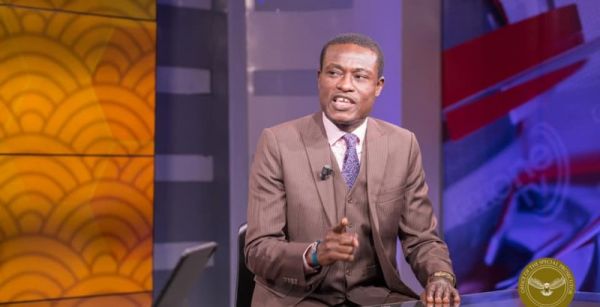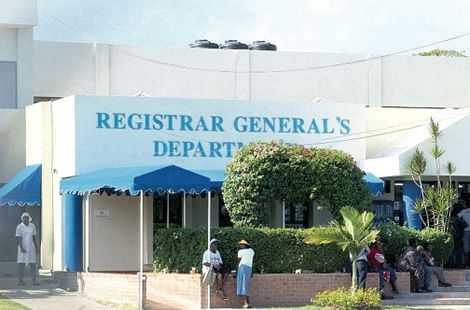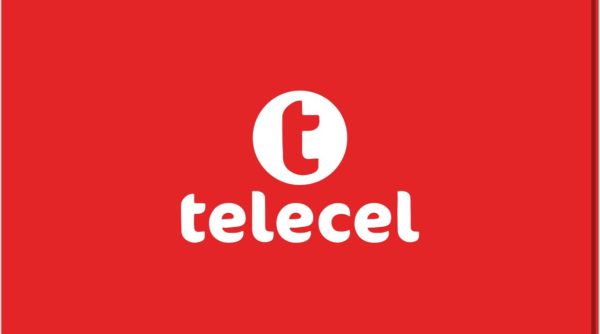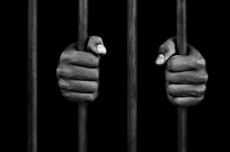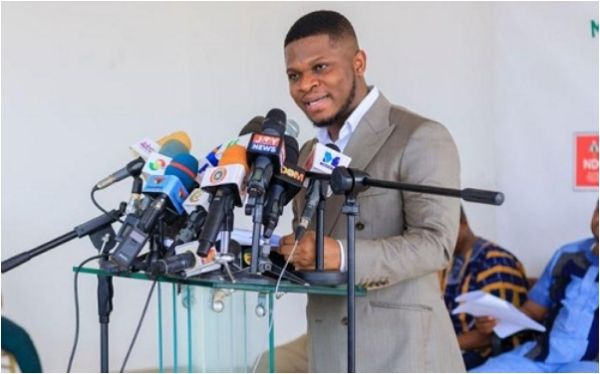
The running mate of the presidential candidate of the National Democratic Congress (NDC), Professor Naana Jane Opoku-Agyemang, has stressed the need to harness the potential of the 24-hour economy to generate employment opportunities and maximise benefits for a wide range of individuals in the country.
She said the NDC had identified unemployment as a top priority and it believed that the 24-hour economy policy was crucial to addressing the issue.
Misinformation
Prof. Opoku-Agyemang made the remarks when she represented former President John Dramani Mahama at a symposium organised by the Centre for Ethical Governance and Administration (CEGA).
The symposium brought together experts to discuss the business and economic impact of the 24-hour economy policy, with the goal of promoting understanding and paving the way for implementation under the next NDC administration.
Other speakers at the symposium included labour expert and alternative dispute resolution practitioner, Austin Gamey; a Senior Lecturer at the University of Ghana Business School, Prof. Lord Mensah; a Financial Economist, Dr Bernard Tetteh Dumenya; a former Director-General of the Criminal Investigation Department (CID) of the Ghana Police Service, Commissioner of Police (COP) Bright Oduro (retd), and the National Communications Officer of the NDC, Sammy Gyamfi.
Flexible approach
Prof. Opoku Agyemang cautioned against misinformation and emphasised the need for a flexible approach to address the country's challenges, as the current system was unsustainable.
"It is important to note that this conversation is just starting, and we are in the era of all kinds of information, misinformation, so be careful not to be swayed to other things," she said.
Other countries
The Executive Director of CEGA, Prof. Ohene Adjei, highlighted the success of the 24-hour economy concept in countries such as the United States of America (USA), Germany and the United Kingdom (UK), and stressed the need to move beyond the traditional working arrangements of 9 a.m. to 5 p.m.
Brothers at war
For his part, Prof. Mensah cited the timeliness and potential of the 24-hour economy initiative to reduce reliance on foreign imports and increase household incomes.
Not political promise
The National Communications Officer of the NDC said the 24-hour economy strategy was an imperative for the country's development, and the time for its implementation was now.
Mr Gyamfi said the 24-hour economy was not just a political promise but a well-thought-out plan that had been developed through various engagements with experts.
He gave an assurance that the strategy was not a political campaign promise but a product of honest and deep thinking. Mr Gyamfi highlighted the benefits of the 24-hour economy to include the reduction of waiting times for government services such as passports and documents from the Driver and Vehicle Licensing Authority (DVLA).
He also stressed that the strategy would triple job opportunities in institutions and ensure that the economy operates 24 hours around the clock. "The 24-hour economy is for everyone, and everyone will benefit from it," Mr Gyamfi emphasised.
Mr Gyamfi expressed confidence in John Mahama, the NDC's flag bearer, to deliver on the 24-hour economy promise. Describing Mr Mahama as a nation builder, the Communication Officer of the NDC said he believed the former President had the vision and expertise to implement the strategy to transform Ghana's economy.
Taking tough decisions
Dr Tetteh-Demanya indicated that the 24-hour economy concept had the potential to improve resource utilisation, reduce waste and streamline the country’s debt burden. He indicated the need for the next government to take tough, unconventional economic decisions to implement the strategy.
Security implications
For COP Oduro, he stressed the need for adequate security measures to support the implementation of the 24-hour economy concept. The former CID boss highlighted the need for adequate resources, regular training and wider publicity to ensure police security and visibility.


